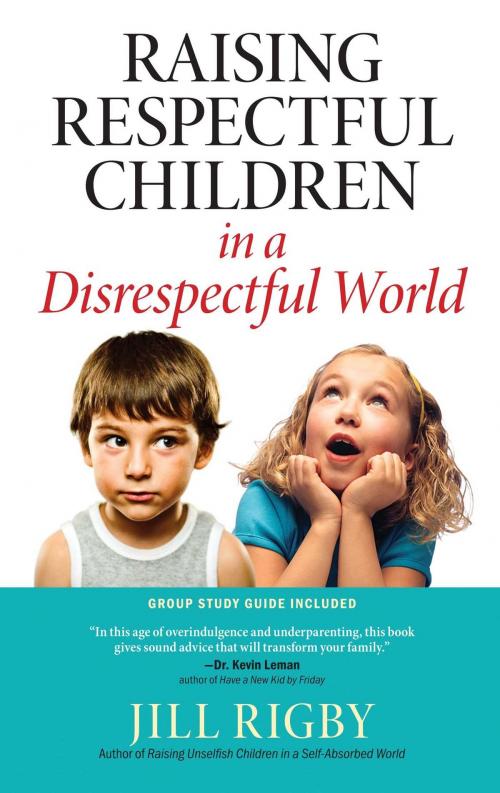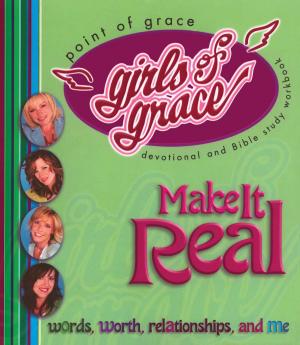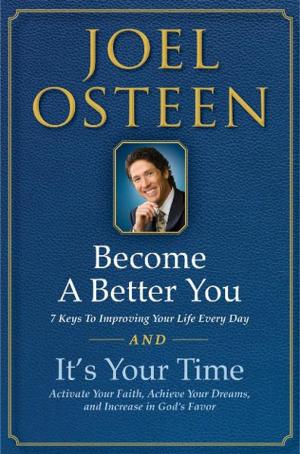Raising Respectful Children in a Disrespectful World
Nonfiction, Family & Relationships, Parenting, Religion & Spirituality, Christianity, Christian Life| Author: | Jill Rigby | ISBN: | 9781416542575 |
| Publisher: | Howard Books | Publication: | August 1, 2006 |
| Imprint: | Howard Books | Language: | English |
| Author: | Jill Rigby |
| ISBN: | 9781416542575 |
| Publisher: | Howard Books |
| Publication: | August 1, 2006 |
| Imprint: | Howard Books |
| Language: | English |
Author and speaker Jill Rigby maintains that our society has substituted self-esteem for self-respect, and in the process, we’ve lost our manners. In this inspirational and practical book, she tells parents how to instill character and purpose in their children without erecting walls of rebellion.
In an effort to raise children with a healthy view of themselves, parents have focused on self-esteem rather than self-respect. And author Jill Rigby says there’s a big difference. It’s the difference between self-centered and others-centered children, the difference between performance-driven and purpose-focused teenagers.
This book also examines three different styles of parenting—parent-centered, child-centered and character-centered. Parent-centered parents are more concerned with their own agenda than their child’s best interest. Child-centered parents are more concerned with their child’s approval than their child’s well-being. Character-centered parents are more concerned with their child’s character than their child’s comfort.
A chapter on the School of Respect gives guidance for tots to teens and what the goal for each age group is and what training is necessary to reach that goal. This chapter also includes thirty-six ways to cultivate a house of respect.
Drawing a distinction between performance and purpose, this book maintains that rather than asking what you want your child to do, you ask what you want your child to become. In delineating the difference between being a coach to your child vs being a cheerleader, the author teaches parents the difference in offering false and genuine praise and applauding mediocrity vs engendering excellence. With wisdom and insight, Jill Rigby shares age-appropriate ways to set boundaries with children without building walls of separation. Finally, she calls for parents to discipline (teach) their children rather than punish them.
Author and speaker Jill Rigby maintains that our society has substituted self-esteem for self-respect, and in the process, we’ve lost our manners. In this inspirational and practical book, she tells parents how to instill character and purpose in their children without erecting walls of rebellion.
In an effort to raise children with a healthy view of themselves, parents have focused on self-esteem rather than self-respect. And author Jill Rigby says there’s a big difference. It’s the difference between self-centered and others-centered children, the difference between performance-driven and purpose-focused teenagers.
This book also examines three different styles of parenting—parent-centered, child-centered and character-centered. Parent-centered parents are more concerned with their own agenda than their child’s best interest. Child-centered parents are more concerned with their child’s approval than their child’s well-being. Character-centered parents are more concerned with their child’s character than their child’s comfort.
A chapter on the School of Respect gives guidance for tots to teens and what the goal for each age group is and what training is necessary to reach that goal. This chapter also includes thirty-six ways to cultivate a house of respect.
Drawing a distinction between performance and purpose, this book maintains that rather than asking what you want your child to do, you ask what you want your child to become. In delineating the difference between being a coach to your child vs being a cheerleader, the author teaches parents the difference in offering false and genuine praise and applauding mediocrity vs engendering excellence. With wisdom and insight, Jill Rigby shares age-appropriate ways to set boundaries with children without building walls of separation. Finally, she calls for parents to discipline (teach) their children rather than punish them.















